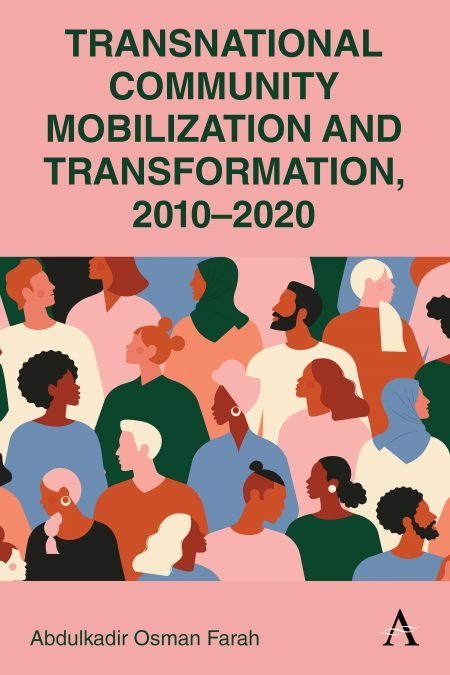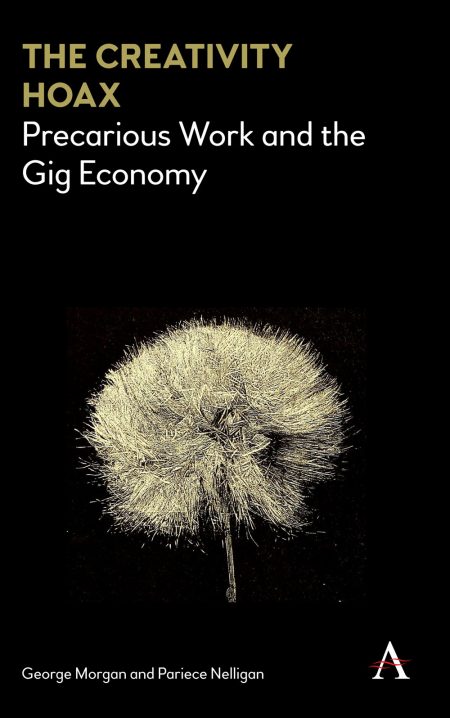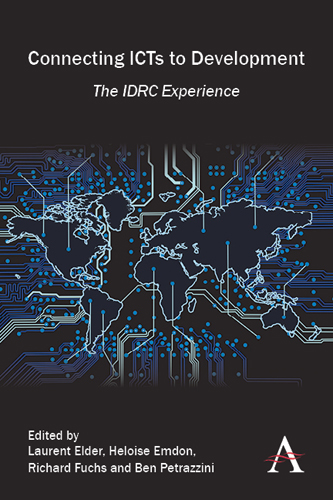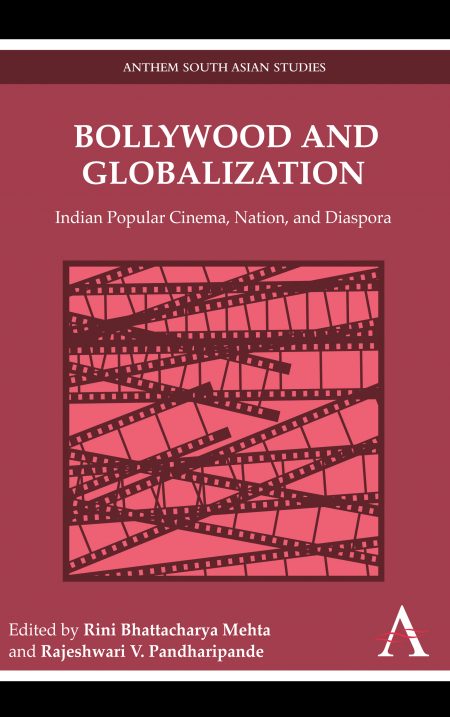Transnational Community Mobilization and Transformation, 2010-2020
Abdulkadir Osman Farah
Select Format
Title Details
- ISBN: 9781839990885
- August 2024
- Pages: 180
This book contends that the struggle and perseverance of transnational communities occur within and through at least three interrelated dynamic socio-political processes. The first is the pattern in which transnational communities mobilize to access public opportunities. This occurs when communities deal with cross-border and cross-national trajectories. The second relates to transnational community civic mobilization in relation to the prevailing, as well as emerging, socio-political conditions and situations within host and homeland societies, including community encounters and connections with like-minded civic communities. The third concerns immediate local community mobilizations in response, as well as an extension, to existing and emerging local socio-political encounters and connections. Therefore, this work proposes that transnational local, national, and transnational mobilization takes place within the dynamic horizontal processes of mobilizing communities in simultaneously expanding community horizons while preserving community well-being in multiple interrelated contexts.
More significantly, current studies drawing on transnational political sociological frames, as well as public sociopolitical scholarly debates, often consider the relationship between the state and society as inherently hierarchical and oppositional. Such relational and hierarchical conceptions of state–society interactions insist on the idea that formal state structures dominate and often subordinate informal community-oriented socio-political platforms. These top-down institutional priorities and actions limit the horizontal dynamics of transnational communities, including community attempts to balance local, national, and transnational encounters and connections, while avoiding state–society as well as local, national, and transnational extremes. Modern scholarship, thereby, departs from an overemphasis on class distinctions of society, as well as potential class-based interest group mobilizations, as the basis for diverse struggles and perseverance within the dynamics of state–society relations.
Dr. Abdulkadir Osman Farah teaches at Copenhagen University and is associate of Urban Sanctuary, Migrant Solidarity and Hospitality in Global Perspective with Aalborg and Ryerson Universities. Dr. Farah is also currently associate researcher of Tswane University of Technology, Pretoria, South Africa .
Related products
-
The Creativity Hoax
Precarious Work and the Gig Economy
George Morgan, Pariece Nelligan
January, 2018
£115.00 / $115.00 -
Connecting ICTs to Development
The IDRC Experience
Edited by Heloise Emdon, Laurent Elder, Ben Petrazzini, Richard Fuchs
December, 2013
£115.00 / $115.00 -
Bollywood and Globalization
Indian Popular Cinema, Nation, and Diaspora
Edited by Rini Bhattacharya Mehta, Rajeshwari V. Pandharipande
January, 2010
£115.00 / $115.00 -
A Blogger’s Manifesto
Free Speech and Censorship in a Digital World
Erik Ringmar
October, 2007
£14.99 / $14.99 -
Prizing Scottish Literature
A Cultural History of the Saltire Society Literary Awards
Stevie Marsden
February, 2021
£125.00 / $125.00 -
Angus & Robertson and the British Trade in Australian Books, 1930–1970
The Getting of Bookselling Wisdom
Jason D. Ensor
December, 2012
£115.00 / $115.00








